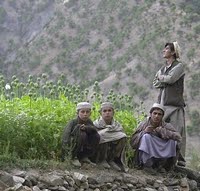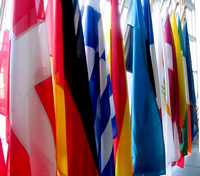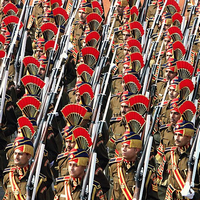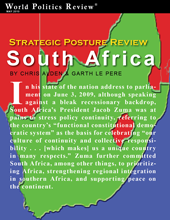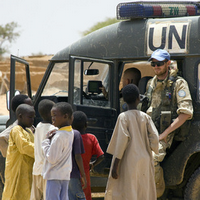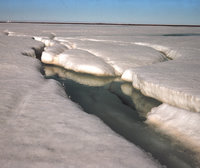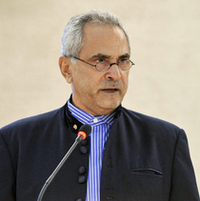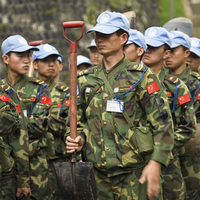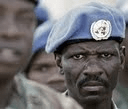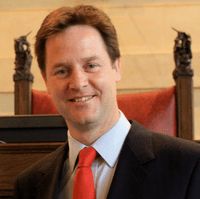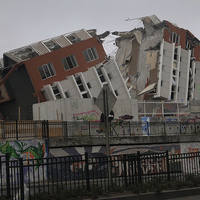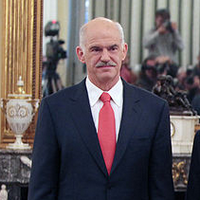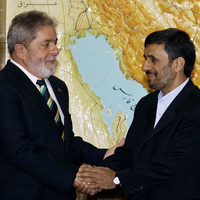
The curtain rose on yet another act in the Iran drama this week. It began with the “diplomatic breakthrough” achieved by Brazil and Turkey: an Iranian agreement in principle to the fuel swap proposal, by which uranium is sent out of the country, turned into fuel rods, and returned for peaceful, civilian use. The plot thickened with the announcement by U.S. Secretary of State Hillary Clinton that the other permanent members of the U.N. Security Council — and in particular Russia and China — had agreed to bring to the table for discussion a draft resolution imposing a fourth set […]

